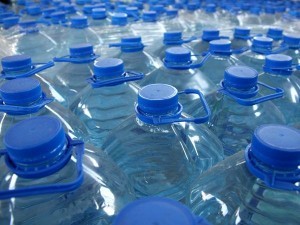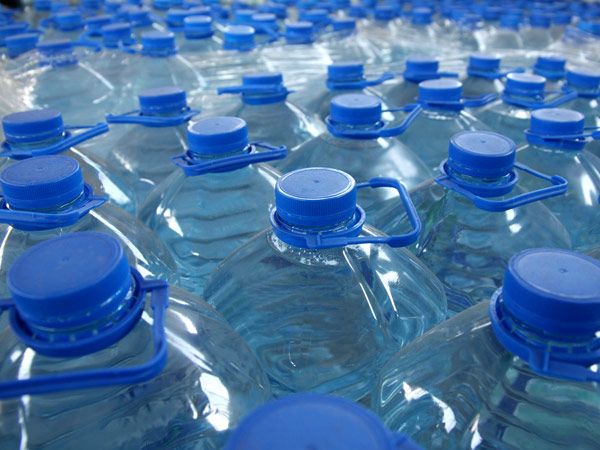
Clean water is something that we all take for granted. We turn on the faucet and there it is. It is plentiful, it is clean and it is drinkable. Yes, it may have some undesirable chemical additions (fluoride come to mind) but that is a subject for another day. So, if a disaster occurred and the supply lines to fresh water were comprised, we would be in a pickle. There is a possibility that safe water would not be available for days and possibly not for weeks.
For this reason, the American Red Cross, FEMA, and just about every other authority out there recommends that the public store at least one gallon of water per person, per day for a minimum of three days. But if you think that a three day water supply is adequate, think again.
During a recent book giveaway, the question asked was “What piece of prepping gear is at the top of your bucket list?” Needless to say, I was more than a little bit surprised to find that the top response was water storage, water filters, and water purification equipment.
While having the gear is nice, anyone interested in preparedness also needs to have a basic understanding of the concepts behind water and water storage. Where to find, store, purify, and filter water are all questions that need to be asked, answered, and periodically reviewed.
And why do I know that? A couple of months ago I was personally without running water for 12 days. Being up to speed on the do’s and don’ts of water were key to my getting by just fine during this period.
Back to the Basics: Water for Survival
When I first started …
Not all situations are normal. If you live in the desert of New Mexico, water is of course going to be a much bigger concern and harder to acquire than if you live in the hills of West Virginia. Temperature, exertion and illness all impact how much water you need per day. In a grid-down scenario you will most likely be exerting a significant amount of additional exertion than you were in your pre grid-down life. For water, you may not have the option of turning on the tap to have it flow out into your glass. Simply getting water could be an all-day chore. Will you have to walk long distances? Will you have to carry the water yourself?
Please Read this Article at NaturalBlaze.com





Leave a Reply